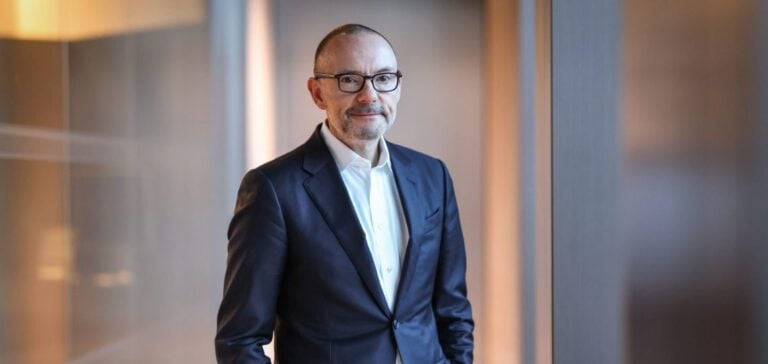Schneider Electric has ended the tenure of its CEO, Peter Herweck, who took the role in May 2023. The board made this decision due to disagreements in the implementation of the company’s roadmap. Olivier Blum, previously in charge of Energy Management within Schneider, is appointed as his successor and assumes his duties starting today.
Financial context and recent results
This announcement comes amid strong financial results for Schneider Electric. The company reported a 5.9% increase in revenue in the third quarter of 2024, reaching 9.3 billion euros, with total sales amounting to 27.5 billion euros over the first nine months of the year. Schneider Electric maintains its growth forecast for its adjusted earnings before interest, taxes, and amortization (EBITA) between 9% and 13% for the entire year of 2024.
Fine for cartel practices in the electrical sector
In parallel with these results, Schneider Electric was recently penalized by the Competition Authority, which imposed a fine of 207 million euros for cartel practices involving several players in the low-voltage electrical equipment distribution sector. The total amount of fines for the companies involved is 470 million euros.
Peter Herweck’s career and Olivier Blum’s appointment
Peter Herweck, who joined Schneider Electric’s leadership in May 2023, stepped down after a career spanning several decades in the electrical sector. Olivier Blum, 54, steps into his role with the mission to pursue the company’s objectives amid a context of transformation and strategic reorientation.






















